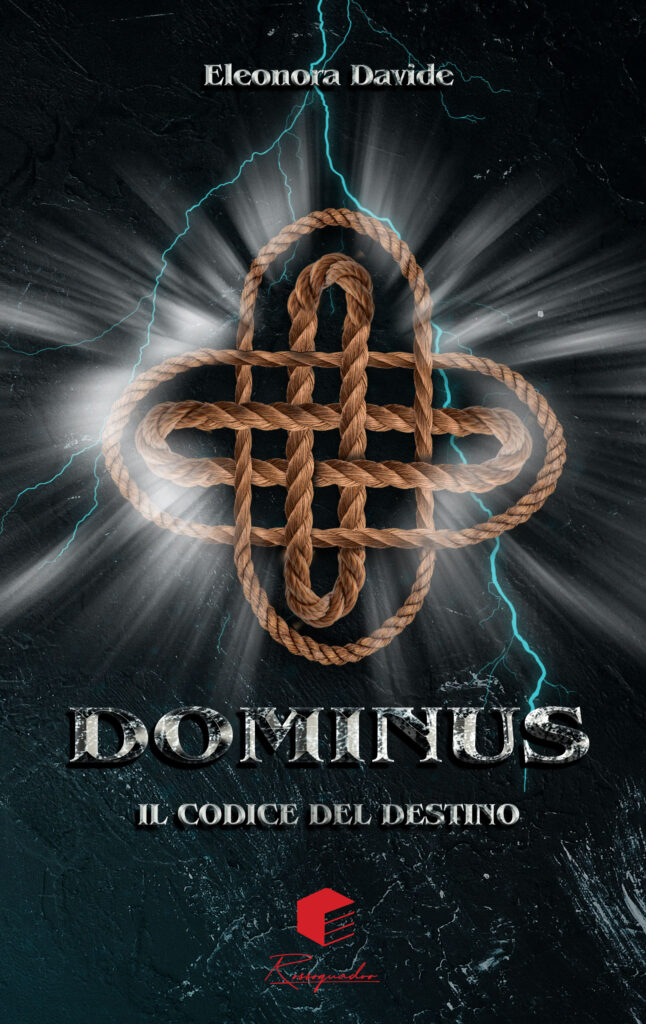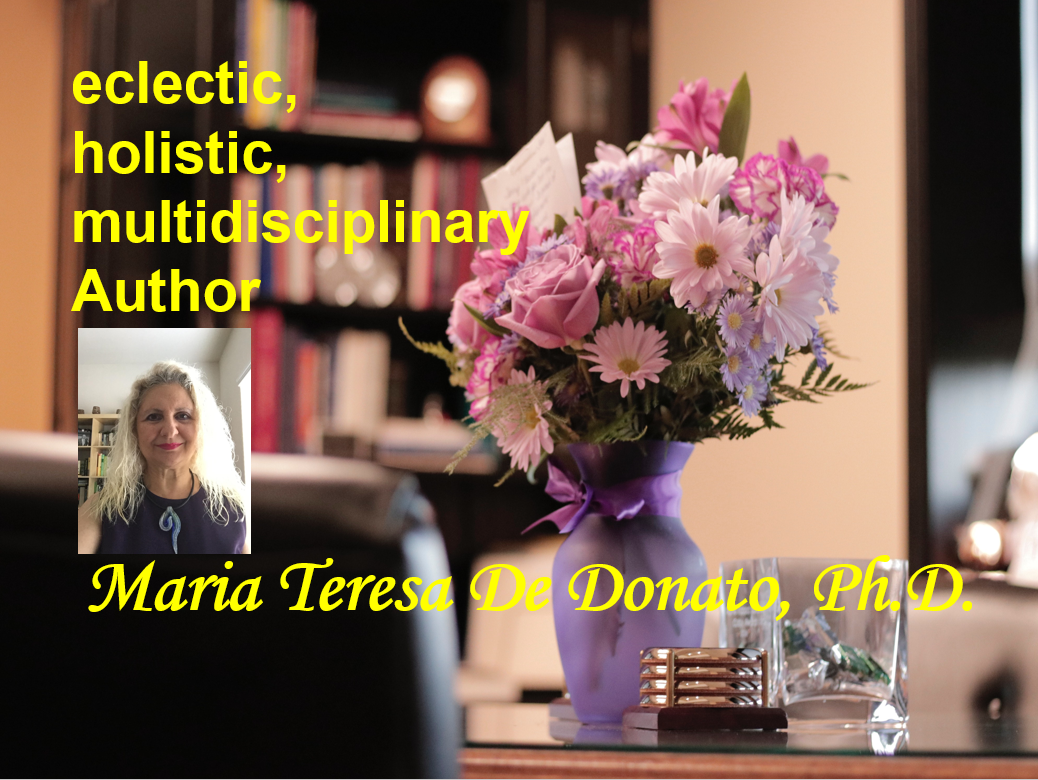
After the literary break from Il Fiore del Carso, focused on the delicate issue of Friuli-Venezia-Giulia and the frontier ethnic groups between the two World Wars, Eleonora Davide resumes, with Dominus – The Code of Destiny, the saga of Il Normanno bringing the reader back to medieval Irpinia divided between Normans and Lombards.
Although some themes already present in Il Normanno are repeated, it is evident from the beginning of this new work that, through further research and historical insights, the author shifts the attention from Irpinia on a large scale as regards the secular aspects and precisely the complicated question of the investiture struggle. The latter saw the Papacy and the Holy Roman Emperor clash for a long time over who had the right to ‘invest,’ that is, to appoint the high prelates and the Pope himself.
Life in the castle, the protection, and support given to the needy and deserving, the feasts and celebrations organized there with music, instruments, and dances of the time are masterfully described in this work, proving to be the result not only of careful research but also of great competence in the matter.
Love, first of all conjugal, and also fraternal love also occupy a primary role in this work and the harmony created, in fact, between Christian teachings and Nordic pagan beliefs and superstitions.
Despite the wealth of themes and contents, the real protagonists of Dominus – The code of destiny, however, are others.
With this new literary publication, in fact, the author focuses her attention on the life of the convent, on that of the friars and nuns who scrupulously observe the Benedictine rules and who not only dedicate their lives to prayer, meditation, and sacred rites, but also to the manual transcription of ancient texts, as well as to commercial activities that allow each monastery to operate as an independent, self-governing and self-sufficient entity. Purely spiritual aspects such as, precisely, the question of the continuous struggle between Good and Evil emerge predominantly. The Spirit, in fact, aims at purity and harmony with divinity, while the Flesh, being weak, often has great difficulty in aligning with it even when it has dedicated its existence to serving God. Faith that, to prove itself, must overcome the tests that Life puts before the human being to refine him and prepare him for further assignments also plays an indispensable role in this novel.
The ability to have and keep an unshakable faith when under pressure, to recognize the power of prayer as an instrument of union with God, and to accept your call by becoming your tools deemed suitable to undertake a specific path and to bring it to completion are the critical aspects of this literary work. The latter dramatically emphasizes the importance that Spirituality, or in her case Religion, plays in the author’s life.
Another fascinating element that emerges in this work is some women’s fundamental role during the Middle Ages. Among them, we find Trotula de Ruggero, Magistra of the Salerno Medical School, who specialized in women’s health and became famous throughout medieval Europe for her studies, writings, and her therapies, and Hildegard of Bingen. The latter was a German Benedictine nun, beatified by the Catholic Church, writer, mystic, theologian, healer, and prophetess, who throughout her life had many visions that were transcribed and have come down to us today.
This is a book written, in harmony with this author’s style, in a very fluid and pleasant way that attracts the reader from start to finish making him immerse – between fantasy and reality – in the intriguing and equally fascinating medieval world. It also honors the substantial role that some abbeys such as Goleto and Montevergine exercised in history.
A reading that I recommend to everyone.

